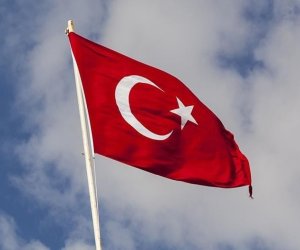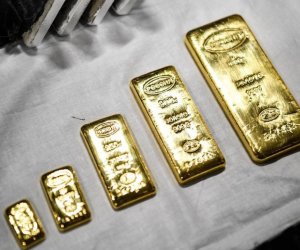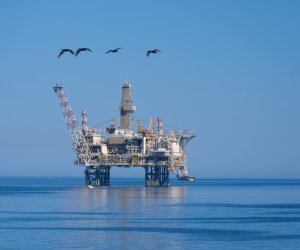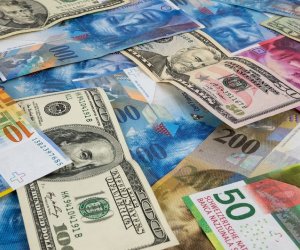В Гяндже заложен фундамент вагоностроительного завода

Президент Азербайджана Ильхам Алиев и его супруга Мехрибан Алиева в субботу приняли участие в церемонии закладки фундамента вагоностроительного завода “Stadler” в городе Гянджа.
Глава государства и его супруга ознакомились со схемой завода, эскизными проектами вагонов, которые будут здесь строиться.
Президент Азербайджана посмотрел видеоролик о деятельности компании “Stadler Rail Group”.
Затем глава государства заложил фундамент завода.
Президент Ильхам Алиев и его супруга Мехрибан Алиева ознакомились с вагонами, производимыми на заводе компании “Stadler Rail Group” в Минске.
Глава государства дал соответствующие поручения и рекомендации для проведения строительства завода на высоком уровне.
ANN.Az




































 Photo
Photo 



 Video
Video 

